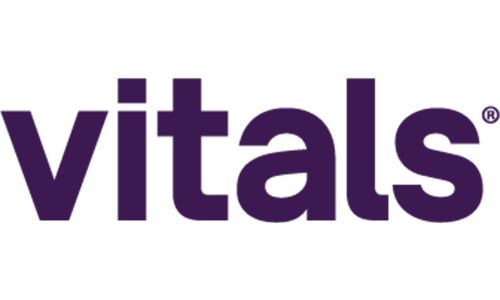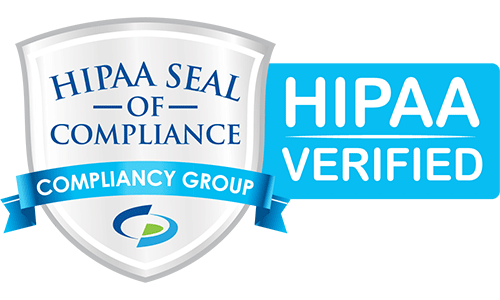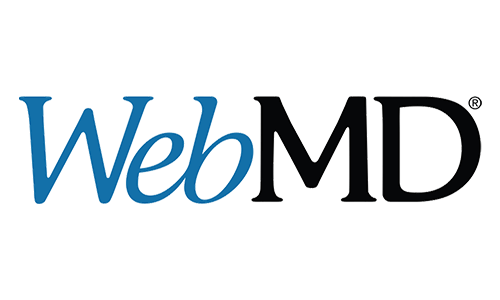What is Medical Marketing?
Medical marketing includes strategies and tactics used by healthcare professionals and organizations to promote services, products, or practices. Effective medical marketing helps to educate patients about available options, enhance patient engagement, and improve patient satisfaction.

Introduction to Medical Marketing
Definition and Importance
Medical marketing includes strategies and tactics used by healthcare professionals and organizations to promote services, products, or practices. Effective medical marketing helps to educate patients about available options, enhance patient engagement, and improve patient satisfaction.
Evolution of Medical Marketing
Over the years, medical marketing tactics have evolved. Traditionally, healthcare marketing was limited to print advertisements and referrals. However, with digital technology and social media, healthcare practitioners now have the opportunity to reach a wider audience. Websites, email marketing campaigns, and social media platforms enable healthcare providers to engage with potential patients more dynamically. This evolution has also shifted the focus from just promoting services to building trust and credibility with patients. Today, successful medical marketing emphasizes providing valuable information, showcasing expertise, and fostering relationships. As the healthcare industry continues to adapt and grow, understanding these changes will be essential for healthcare professionals looking to thrive in this dynamic environment.
Understanding the Target Audience in Medical Marketing
Identifying Patient Demographics
Understanding patient demographics ensures that medical marketing strategies align with the target patient audience. By examining aspects such as age, gender, geographic location, and socioeconomic status, healthcare professionals can gain insights into the needs and preferences of their target audience. For instance, younger demographics may respond better to social media campaigns, while older patients might prefer more traditional outreach methods. This demographic data helps practitioners create more targeted and relevant messaging, ensuring they reach the right individuals with the right information.
Developing Buyer Personas
Creating detailed buyer personas allows marketers to further refine their strategies. These personas, which represent segments of the target audience, include information about patient behaviors, motivations, and challenges. By understanding these elements, healthcare providers can develop content that directly addresses patient concerns, leading to enhanced engagement and trust. For example, a persona representing a new mother may prioritize pediatric care options, prompting the provider to focus marketing efforts on maternal health services.
Strategies for Medical Marketing
Digital Marketing in Healthcare
Healthcare practices and facilities wanting to keep a competitive advantage in modern-day marketing need to embrace digital marketing strategies, such as utilizing search engine optimization (SEO) to enhance online visibility, as well as leveraging social media platforms to engage with patients. By creating informative and appealing online content, medical practices can foster community relationships and build trust. For instance, sharing patient testimonials and case studies on social media not only raises awareness but also highlights successful outcomes, thereby attracting new patients.
Content Marketing for Medical Practices
Content marketing serves as a valuable tool for medical professionals. High-quality content such as blog posts, articles, and videos, allows providers to educate their audience about various health issues and treatment options. This approach not only positions healthcare providers as experts but also addresses the specific needs and questions of patients. For example, a local clinic might create a series of informative videos detailing common medical procedures, thereby demystifying the patient experience. Ultimately, a robust content marketing strategy can enhance patient trust and loyalty, leading to improved patient engagement and satisfaction in healthcare settings.
Building a Strong Online Presence for Medical Practices
Website Optimization for Healthcare Providers
A well-structured website enhances user experience and improves search engine rankings. Medical providers need to ensure their websites are mobile-friendly, secure, and contain relevant keywords that patients are likely to search for. Additionally, incorporating clear calls-to-action and easy navigation allows potential patients to find the information they need quickly. This, in turn, can lead to increased appointment bookings and better patient engagement. Furthermore, regular updates to the website with fresh content can boost visibility and establish credibility within the community.
Leveraging Social Media Platforms
Social media is an effective tool for healthcare providers aiming to strengthen their online presence. By actively engaging on platforms such as Facebook, Twitter, and Instagram, medical practices can share valuable content, interact with patients, and build a sense of community. These platforms allow providers to showcase their expertise, announce health-related events, and highlight any new patient services. Sharing educational content, such as health tips or infographics, can also attract followers and enhance the practice's reputation as a trusted source of information. Ultimately, social media presence fosters patient interaction and loyalty, leading to a more engaged healthcare community.
Compliance and Ethical Considerations in Medical Marketing
HIPAA Regulations
Healthcare providers and institutions engaging in marketing must maintain compliance with HIPAA (Health Insurance Portability and Accountability Act) regulations. These regulations protect patient privacy and ensure that any marketing communication adheres to strict guidelines. Medical practices must be careful not to disclose any personal health information without patient consent, as non-compliance can lead to severe penalties and damage to the practice's reputation. Understanding these regulations is vital for crafting appropriate marketing strategies that respect patient confidentiality while effectively promoting services.
Best Practices for Medical Advertising
Medical providers should focus on providing truthful and transparent information in their advertising efforts. They must avoid misleading claims or exaggerated statements about treatments and services. Furthermore, it is important to ensure that advertisements are not preying on vulnerable populations. Respecting patient autonomy and informed consent is key—patients should feel empowered to make health decisions based on accurate information. By fostering trust through ethical advertising, medical practices can build lasting relationships with their patients, enhancing their practice's credibility and reputation in the community.
If your medical practice, hospital, or clinic needs an expert in medical marketing, contact Clinician Box today. We are a HIPAA-compliant healthcare marketing agency founded by a physician who understands how to attract patients and stay


















